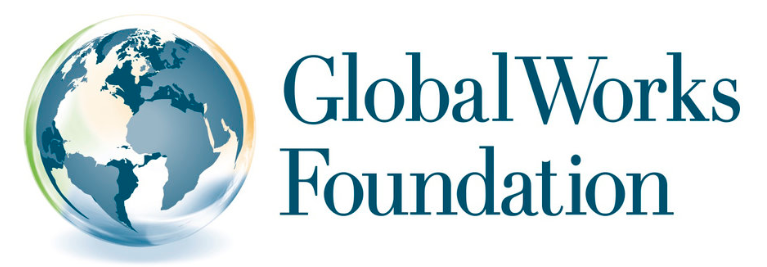Governance of Labor Rights in Global Supply Chains
GlobalWorks Foundation is the leading independent center of expertise regarding Co-Governance of labor relations in global supply chains as a means of applying the rule of law to labor relations and advancing the interests of both workers and businesses.
Many global businesses require that labor relations in their global supply chains comply with all applicable laws and International Labor Organization conventions. Most governments in developing and middle income countries also seek compliance with these norms as a matter of law but often not in practice.
The story of expanding international trade and investment has generally been positive for developing countries and their people. The steep decline in deep poverty is highly correlated with the expansion of international trade under the rules of the World Trade Organization. Marginalized people have been given a greater share of the economic pie, and social development has often accompanied this economic growth and opportunity.
Unfortunately, the lack of rule of law and good governance in many developing and middle income countries have undermined these benefits to a greater or lesser degree depending on the country. The result is harmful to global and local businesses, workers and their communities.
Co-Governance provides an accelerated means of applying the rule of law to labor relations, enhancing business success and the legal rights of workers at the same time. Because Co-Governance can be put in place relatively quickly, it provides an important intermediary step until governments are willing and/or able to reform and build capacity for effective, fair and independent regulation and adjudication.
It does so through written agreements between business and organized labor participants. Such agreements set ground rules for labor-management relations and place governing authority for administering these rules in the hands of a body with balanced representation of management and worker representatives, sometimes called an Oversight Committee or “OC.” Balanced representation is intended to protect the integrity of applicable legal norms, and the interests of both workers and businesses.
Such agreements also generally include the following elements:
Capacity building programs to produce positive outcomes for workers and participating businesses;
Procedures for effective worker–management communications and mediation when needed; the goal is to have workers and managers resolve issues on their own without intervention;
Dispute resolution and adjudication mechanisms, generally with some form of enforceability to apply applicable laws and corporate codes of conduct;
Additional programs are often needed to ensure the rights and opportunities for women in the workplace, including protections from violence.


